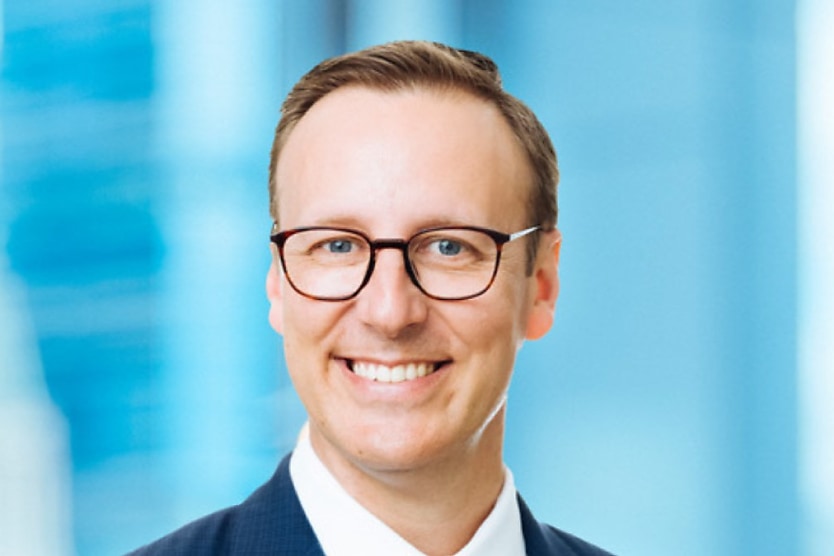How to navigate roadblocks when embracing diversity in the hiring process
SHARE THIS ARTICLE

Employers are increasingly prioritising diversity in the hiring process as they have seen the advantages it can bring to organisations and business outcomes. There are challenges that come with this, however.
Diversity, equity, and inclusion (DEI) in the workplace has become an important element in business strategy and has been integrated into the job hiring process for a number of organisations that are looking to expand their workforce.
However, many organisations grapple with some of the difficulties of trying to recruit a diverse workforce in a labour market that lacks skilled workers across the board. Working through these roadblocks is crucial to ensuring their commitment to creating a genuinely equal, diverse and inclusive workplace is achieved.
Craig Sneesby, managing director of u&u Recruitment Partners, shared some insight on how organisations can navigate the precarious path of recruiting a diverse workforce.
“Diversity hiring has challenges, such as the shortage of diverse talent and intense market competition. However, by viewing diversity as an opportunity for growth, we can overcome these challenges and maximise the potential of our organisations,” Sneesby said.
According to Hays, recruiting a diverse workforce can unlock under-represented talent pools, which can result in an organisation improving its customer orientation and service, innovation, productivity, profitability, staff engagement and staff retention.
Unconscious bias can prove to be a roadblock throughout the job hiring process and is something that DEI attempts to negate.
Unconscious bias is the learned assumption of a specific group of people, separate from your own conscious mind. While you may not be thinking of these biases, they’re still present as your brain tends to categorise groups.
“To reduce the impact of unconscious biases on hiring decisions, it’s helpful to implement training programs that educate hiring managers and teams about how to avoid such bias. Employers can also leverage diverse sourcing channels like recruitment agencies, community organisations, and networking events to tap into hidden talent pools,” Sneesby said.
“It is crucial to note that fostering diversity and inclusion should be more than just a checkbox exercise – it must be a genuine commitment backed by investment, both financially and time-wise. People and organisations are becoming increasingly discerning and expect authentic efforts rather than token gestures.”
Token gestures should serve as a reminder for organisations looking to diversify their workforce. People are aware of inorganic processes and will see right through the façade that an organisation has when they approach diversity with a checkbox mentality. Going in with the correct intentions is crucial to excelling in hiring a diverse workforce.
“Structured interviews with predetermined criteria can ensure fairness and consistency in candidate evaluations, reducing the influence of biases. To measure the effectiveness of diversity initiatives and identify areas for improvement, it’s essential to track diversity metrics like candidate demographics, hiring outcomes, and employee retention rates,” Sneesby said.
Hays offers a checklist that organisations can look through to ensure that other obstacles don’t arise as they pursue recruiting a diverse workforce:
- Update recruitment marketing materials.
- Review your attraction strategies.
- Consider targets.
- Run unconscious bias training for hiring managers.
- Create a diverse review process.
- Consider blind recruitment.
- Use a structured interview process.
- Coach interviewers on how to discuss DEI.
- Authentically communicate progress.
RELATED TERMS
Unconscious bias refers to discriminating choices made by a person without their knowledge as a result of internalised opinions towards certain individuals or groups of people. This may have a detrimental impact on hiring choices.
The term "workforce" or "labour force" refers to the group of people who are either employed or unemployed.
Kace O'Neill
Kace O'Neill is a Graduate Journalist for HR Leader. Kace studied Media Communications and Maori studies at the University of Otago, he has a passion for sports and storytelling.

